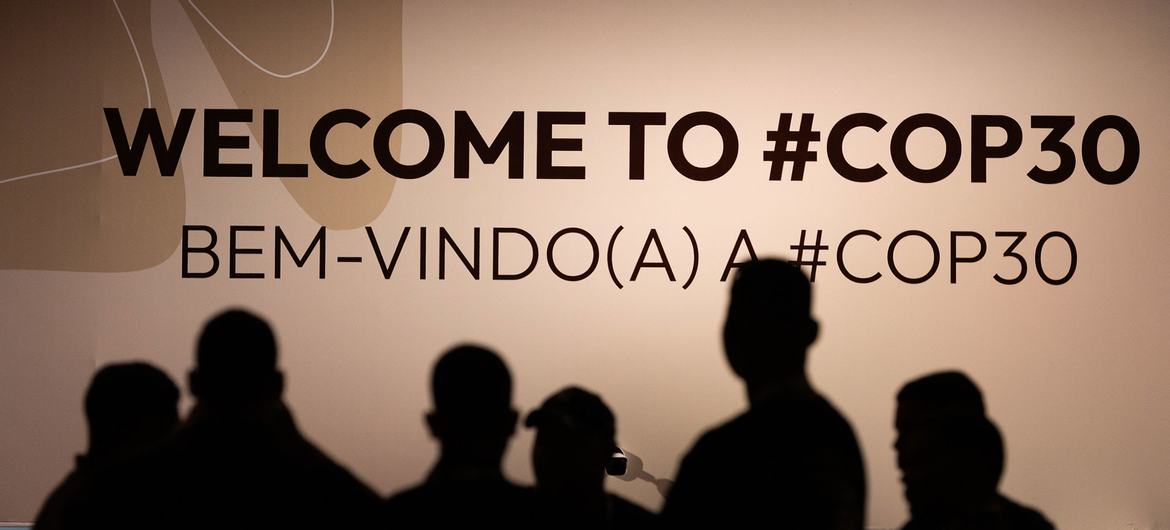
Kathmandu: The COP30 Climate Summit opened in Belém, Brazil, with strong calls from global leaders to take faster and more concrete action against climate change.
Brazilian President Luiz Inácio Lula da Silva urged countries to match “opportunity with urgency” and to decisively defeat climate denial. He warned that the world is “moving in the right direction, but at the wrong speed,” and that exceeding the 1.5°C global warming limit would be a serious risk.
UN Climate Chief Simon Stiell called on delegates to focus on unity and implementation, saying, “Your job here is not to fight one another, your job is to fight this climate crisis, together.” He added that the world’s shift to clean energy represents “the economic transformation of our age.”
The first day of the summit brought cautious optimism as 113 countries submitted updated national climate plans, covering nearly 70% of global emissions. A UN assessment shows these pledges could cut emissions by 12% by 2035, but deeper reductions are needed to meet global targets.
Stiell said recent progress shows the global emissions curve is beginning to bend downward but warned that “no country can solve this problem alone.” He emphasized the need for global cooperation and faster investments in adaptation, renewable energy, and resilience.
Among COP30’s key priorities are:
President Lula also announced a new fund to support clean energy transitions in developing countries, financed through oil revenues. The Leaders’ Summit has already pledged $5.5 billion to the Tropical Forests Forever Facility, which rewards nations for protecting rainforests.
Opening the summit, COP30 President André Corrêa do Lago urged participants to make this the “COP of implementation, adaptation, and science,” and praised Indigenous Peoples as vital guardians of the Amazon.
COP30 runs for two weeks in Belém, the gateway to the Amazon rainforest, symbolizing both the urgency and the hope at the heart of the global climate fight.